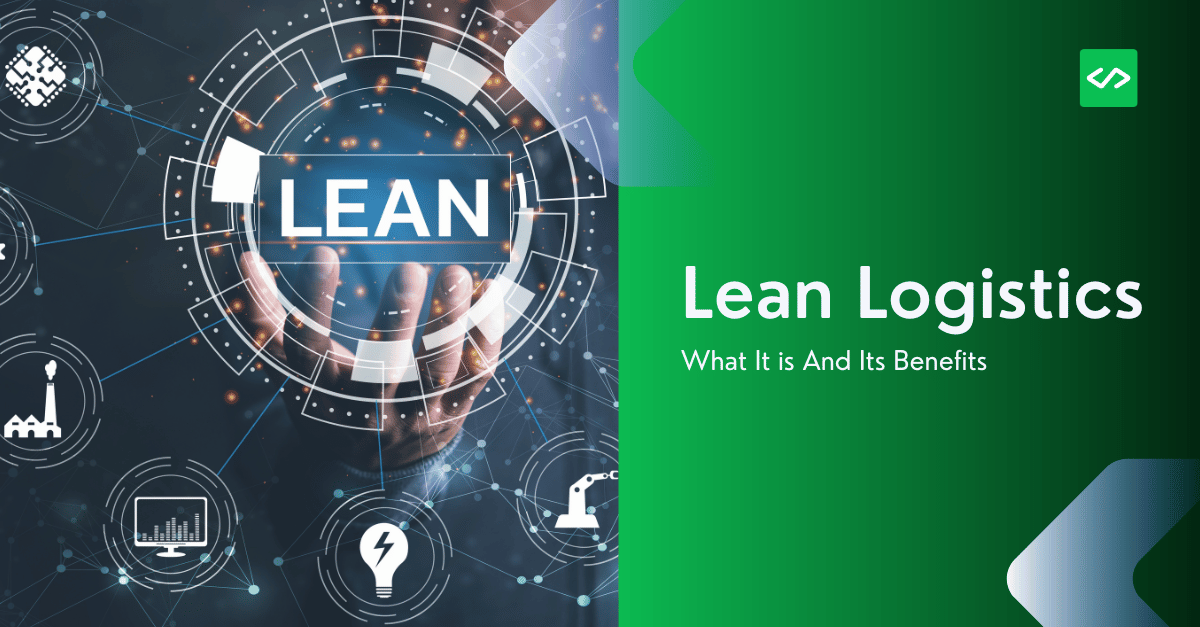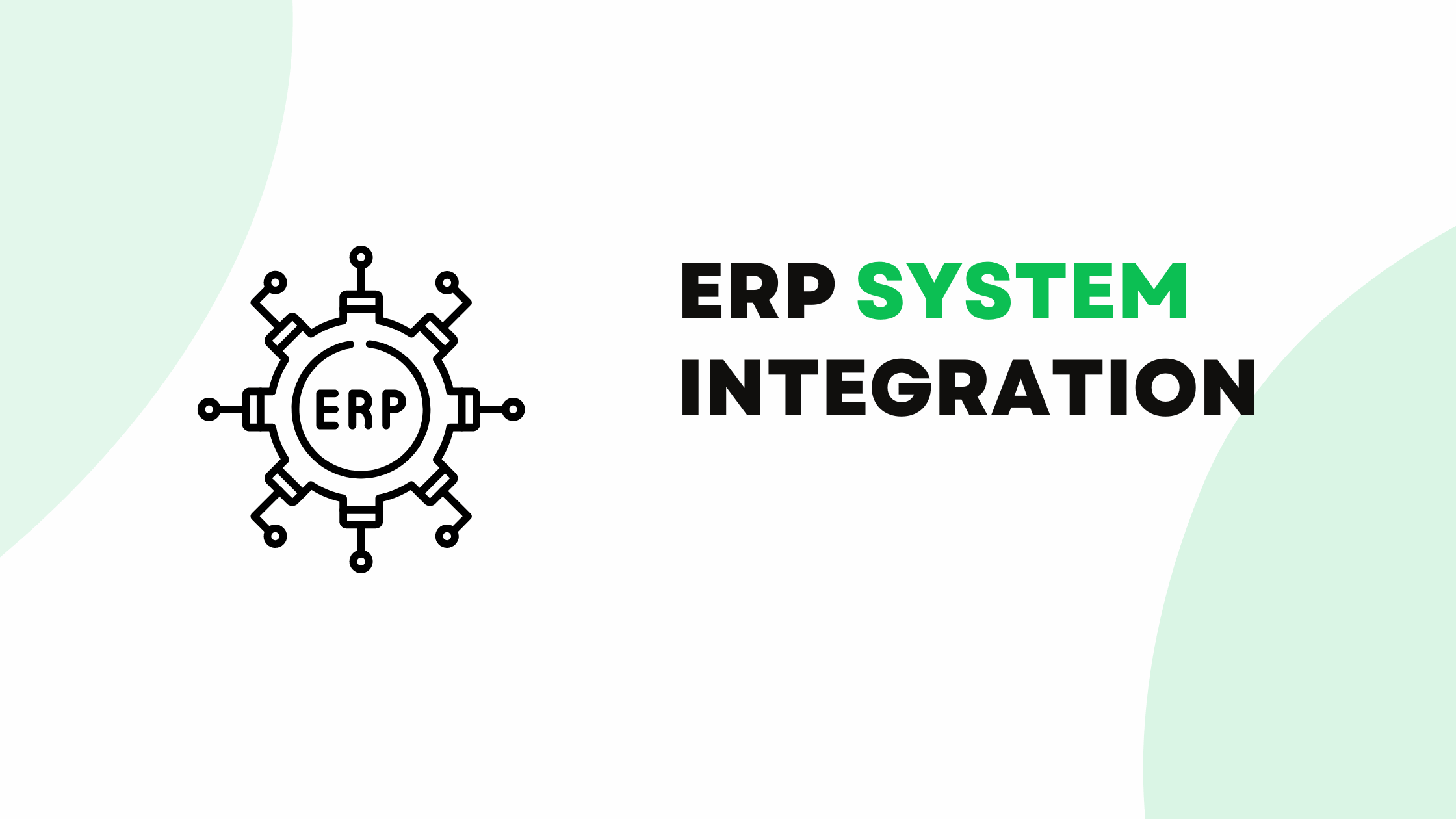Lean Logistics what it is and how it improve efficiency for supply chain
In today’s competitive business landscape, organisations are constantly seeking ways to improve efficiency and streamline their operations. One approach that has gained significant traction is lean logistics. This methodology, which focuses on eliminating waste and optimising the supply chain, has proven to be a game-changer for many companies. In this article, we’ll explore what lean logistics is, its principles, and the benefits it offers to businesses across various industries.
Understanding Lean Logistics
Lean logistics is an application of lean management principles to the logistics process. It’s an approach to supply chain management that aims to minimise waste, improve efficiency, and maximize value for the customer. This concept, which originated in Japan with Toyota’s production system, has since been applied to various aspects of business operations, including logistics.
The lean concept focuses on eliminating wasteful activities and non-value-added processes along the supply chain. By doing so, organisations can streamline their operations, reduce costs, and improve customer satisfaction. Lean logistics is not just about cutting costs; it’s about creating a continuous, efficient flow of materials and information throughout the supply chain.
Principles of Lean Logistics
To implement lean logistics effectively, organisations need to understand and apply its core principles. These principles guide the decision-making process and help create a lean organization:
- Value Stream Mapping: This involves analysing and visualising the flow of materials and information required to bring a product or service to the customer. It helps identify areas of waste and opportunities for improvement.
- Eliminate Waste: The primary focus of lean logistics is to identify and eliminate all forms of waste in the logistics process. This includes overproduction, waiting times, unnecessary transportation, excess inventory, and defects.
- Continuous Improvement: Known as “Kaizen” in Japanese, this principle encourages constant analysis and refinement of processes to achieve ongoing optimisation.
- Pull System: This system ensures that production and logistics activities are initiated by customer demand, rather than pushing products based on forecasts.
- Just-in-Time Delivery: This principle aims to reduce inventory levels by delivering materials and products only when they are needed in the production process.
Benefits of Lean Logistics
Implementing lean logistics can bring numerous benefits to an organisation. Here are some key advantages:
- Reduced Costs: By eliminating waste and optimising processes, lean logistics can significantly reduce logistics costs and overall supply chain expenses.
- Improved Efficiency: Streamlining operations and removing non-value-added activities leads to improved efficiency in material handling, inventory management, and overall logistics operations.
- Enhanced Customer Satisfaction: Lean logistics focuses on delivering value to the customer. By improving delivery times and product quality, it directly contributes to increased customer satisfaction.
- Increased Profitability: The combination of cost reduction and improved customer satisfaction often results in increased profitability for the organisation.
- Better Inventory Management: Lean logistics promotes a pull system and just-in-time delivery, which helps in optimising inventory levels and reducing associated costs.
- Improved Quality: By focusing on getting things right the first time and continuous improvement, lean logistics contributes to overall quality management in the organisation.
- Increased Agility: A lean logistics system is more responsive to changes in demand and market conditions, allowing the organisation to adapt quickly.
Implementing Lean Logistics
The implementation of lean logistics requires a systematic approach and commitment from all levels of the organisation. Here are some steps to consider:
- Analyse Current Processes: Start by conducting a thorough analysis of your current logistics operations. Use value stream mapping to visualise the flow of materials and information.
- Identify Waste: Look for areas of inefficiency and waste in your supply chain process. This could include excess inventory, unnecessary transportation, or delays in delivery.
- Develop Improvement Strategies: Based on your analysis, develop strategies to eliminate waste and improve efficiency. This might involve reorganizing your warehouse, optimising transportation routes, or implementing new inventory management systems.
- Implement Changes: Gradually implement your improvement strategies. Remember, lean is about continuous improvement, so start with small changes and build from there.
- Monitor and Adjust: Continuously monitor the results of your changes and be prepared to make adjustments as needed. Use relevant logistics metrics to track your progress.
- Foster a Lean Culture: Encourage all employees to embrace lean thinking and contribute to process improvement efforts.
Lean Logistics in the Era of Industry 4.0
As we move further into the era of Industry 4.0, lean logistics is evolving to incorporate new technologies. The use of automation, artificial intelligence, and data analytics is opening up new possibilities for waste reduction and optimisation in logistics operations . Interested in implementing such solution in your company? Contact Us, and schedule free consultation
For example, advanced analytics can help in more accurate demand forecasting, reducing the need for excess inventory. Automation in warehouses can speed up material handling processes and reduce errors. The Internet of Things (IoT) can provide real-time visibility into the supply chain, allowing for more agile decision-making.
Conclusion
Lean logistics offers a powerful approach to supply chain management that can lead to significant improvements in efficiency, cost reduction, and customer satisfaction. By focusing on eliminating waste and maximising value, organisations can streamline their logistics operations and gain a competitive edge in the market.
However, it’s important to remember that implementing lean logistics is not a one-time event but a continuous journey. It requires commitment, patience, and a willingness to challenge established practices. With the right approach and mindset, lean logistics can transform your supply chain, leading to increased profitability and long-term success.
As the logistics sector continues to evolve, the principles of lean logistics remain relevant and adaptable. Whether you’re just starting to explore lean concepts or looking to enhance your existing lean logistics system, the potential benefits make it a worthy consideration for any organisation looking to optimise its supply chain.















